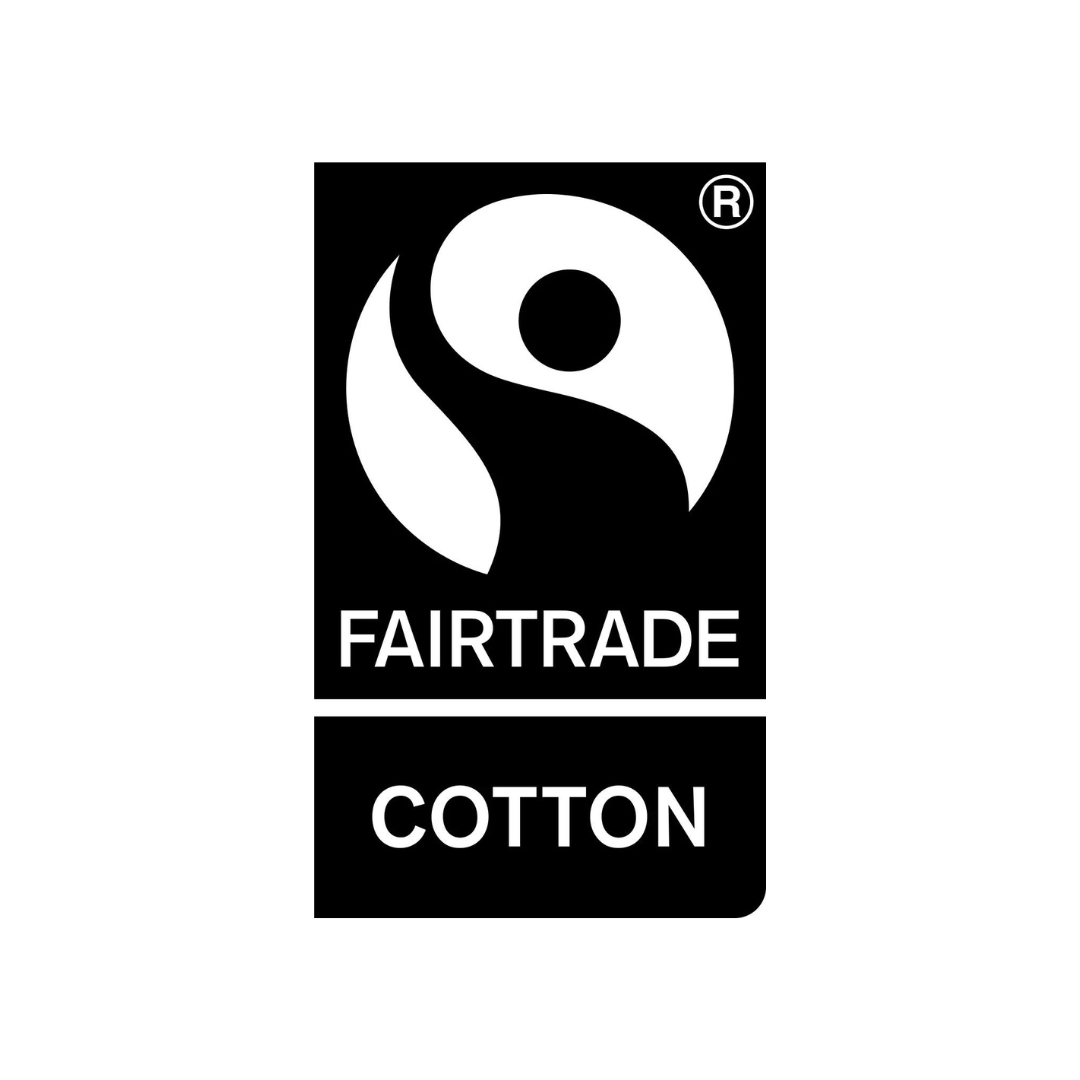
A Deep-Dive Into The Fashion Industry: Cotton's Human Cost
If we could change one thing, it would be improving how cotton is grown and farmed.
Although you might not think it, conventional cotton is one of the world’s most polluting – and thirstiest! – crops. Its production relies heavily on the exploitation of people and natural resources. Not only does it use vast amounts of water and pesticides, its linked to human rights violations across the globe, from modern slavery in Uzbekistan to bonded labour in India.

“Why is a UK underwear company talking about Uzbekistan?”, we hear you ask. There’s a clear reason: Uzbekistan is the world’s 8th largest producer and 11th largest exporter of cotton, and it’s got a shoddy track record when it comes to human rights. In 2018, at least 400,000 people (including children) were subject to state-sponsored forced labour in the cotton harvest – a form of modern slavery.
The UK government has come under serious pressure to ban all cotton imports from Uzbekistan: https://www.theguardian.com/global-development/2019/oct/21/lawyers-challenge-uk-import-of-slavery-tainted-uzbek-cotton
At Y.O.U, we love talking about the benefits of organic and Fairtrade cotton. There’s so much to say! But we also want to occasionally shine a light on the dark side of conventional cotton.
The Uzbek cotton industry is by no means alone in its profiteering from human resources. The fashion industry as a whole is a key interface for the proliferation and commodification of modern-day slavery. This issue in Uzbekistan is part of wide-reaching conversation that touches on exploitation in many cotton-producing countries.
Cotton production in India is a subject very close to our hearts, because this is where our cotton comes from and our undies are made.
In India, bonded labour (widely regarded as a form of modern slavery) is a far-reaching problem despite having been made illegal in 1976. Individuals and entire families can be made to work to pay off current and historic debts, which have sometimes been passed down generations. Indian cotton farmers, caught in spiralling debt due to costly genetically modified seeds, fertilisers and insecticides, are also committing suicide at alarmingly high rates, largely due to an inability to repay loans. In 2018, more than 60,000 suicides took place in Maharashtra alone (averaging 10 a day).
It's never been more important to grow cotton under Fairtrade and Organic standards! Look out for these certifications the next time you’re getting your fashion fix.





















Leave a comment
This site is protected by hCaptcha and the hCaptcha Privacy Policy and Terms of Service apply.